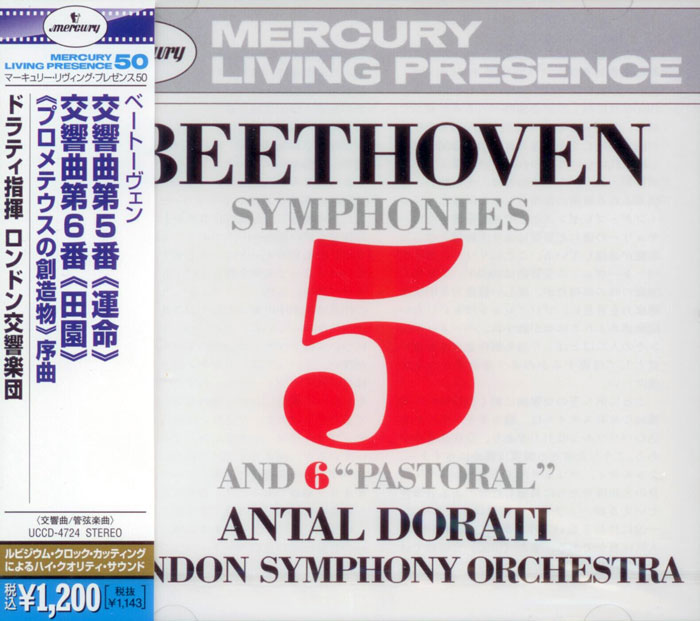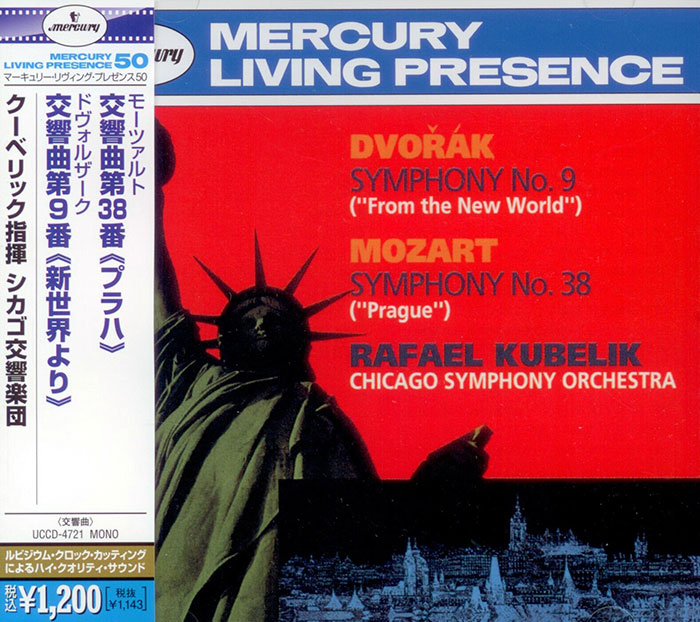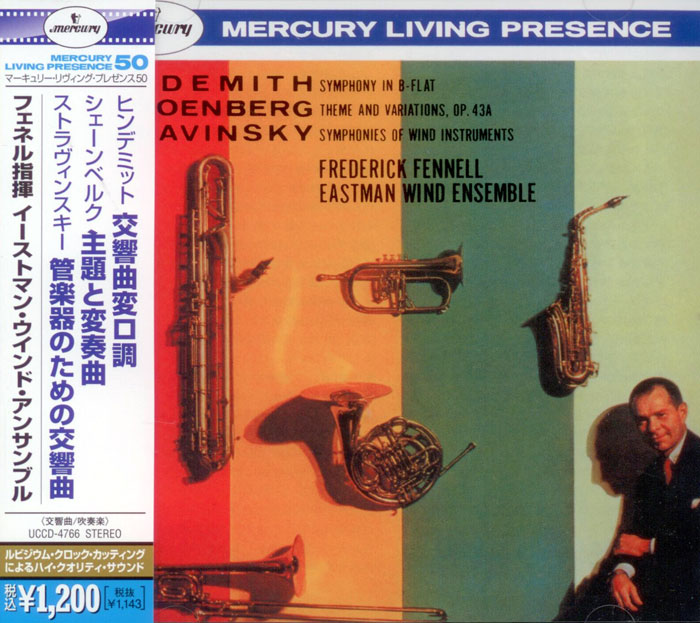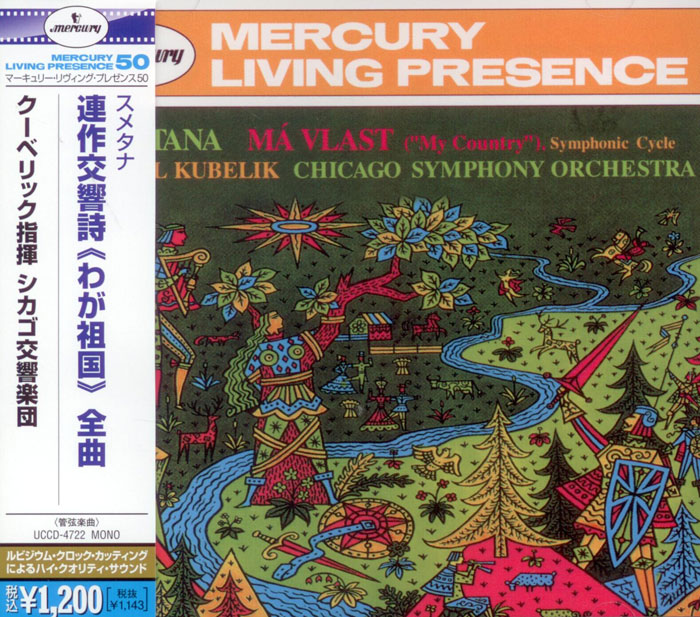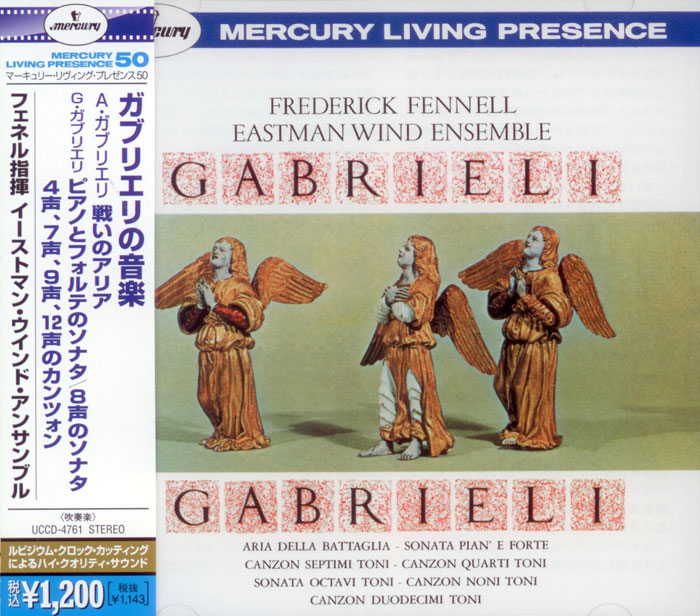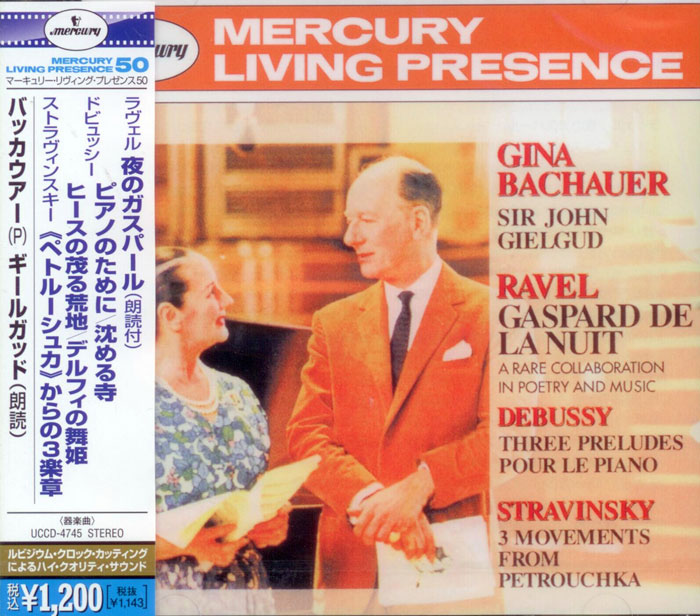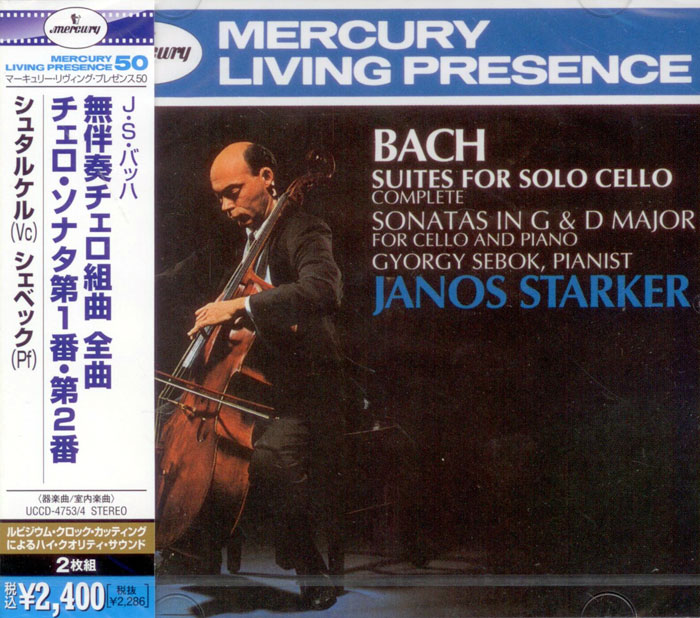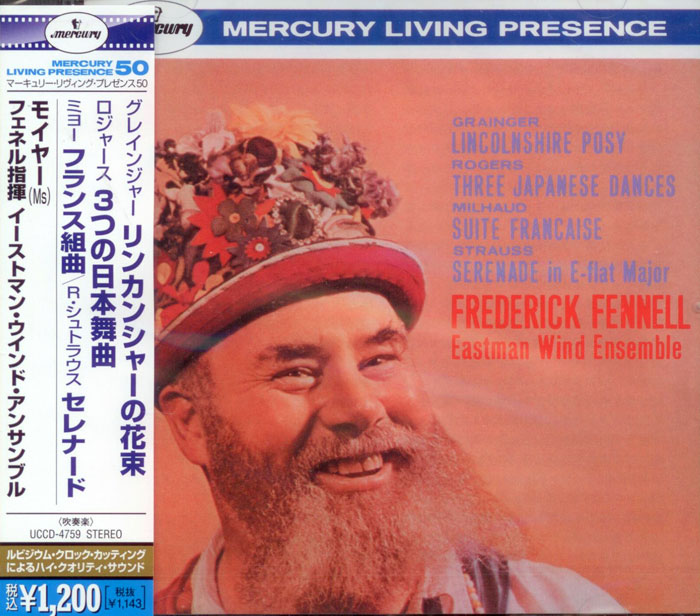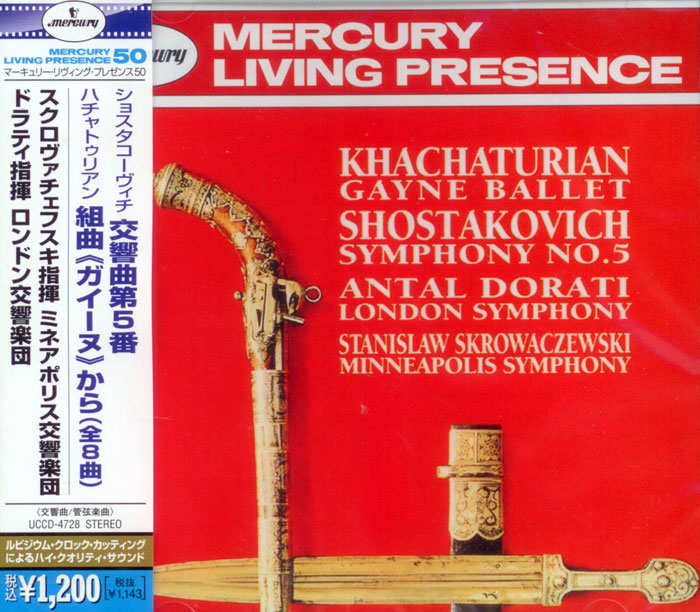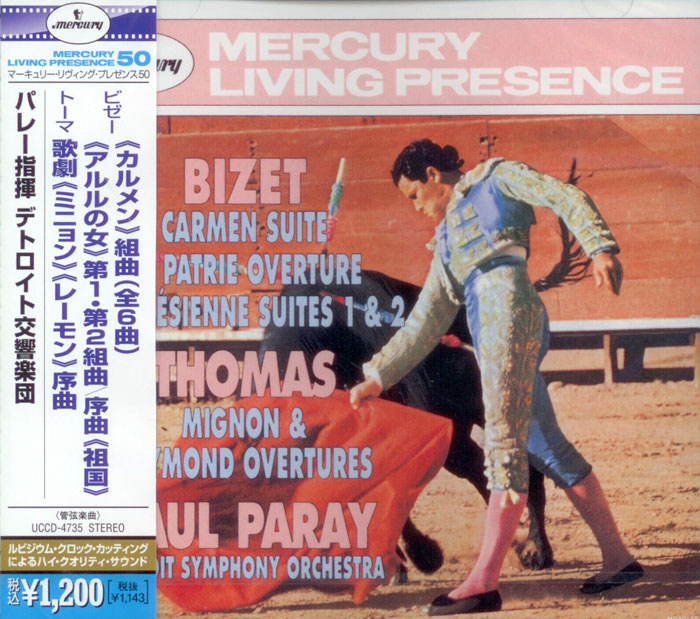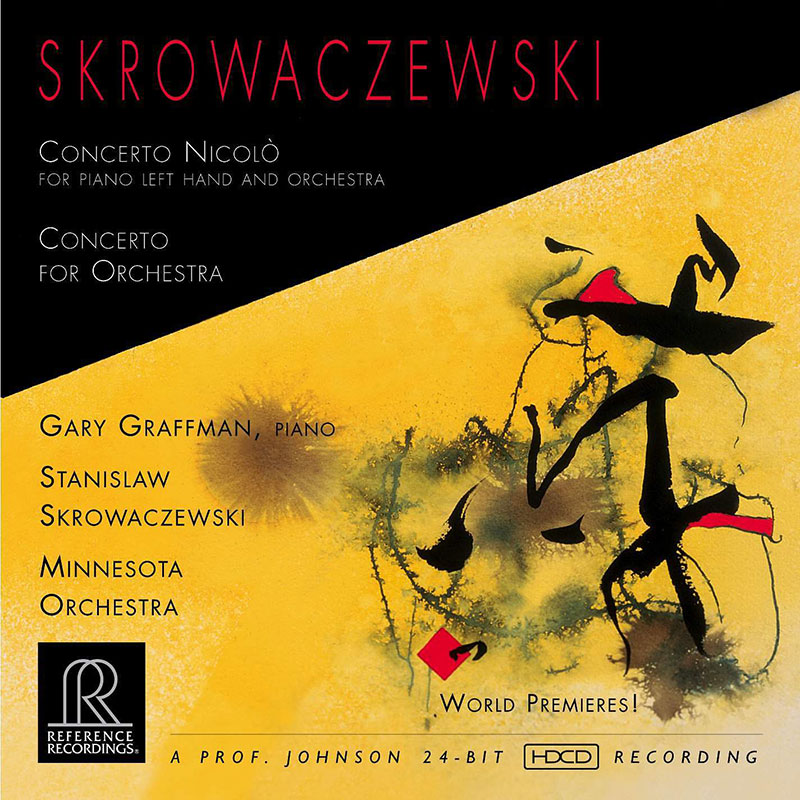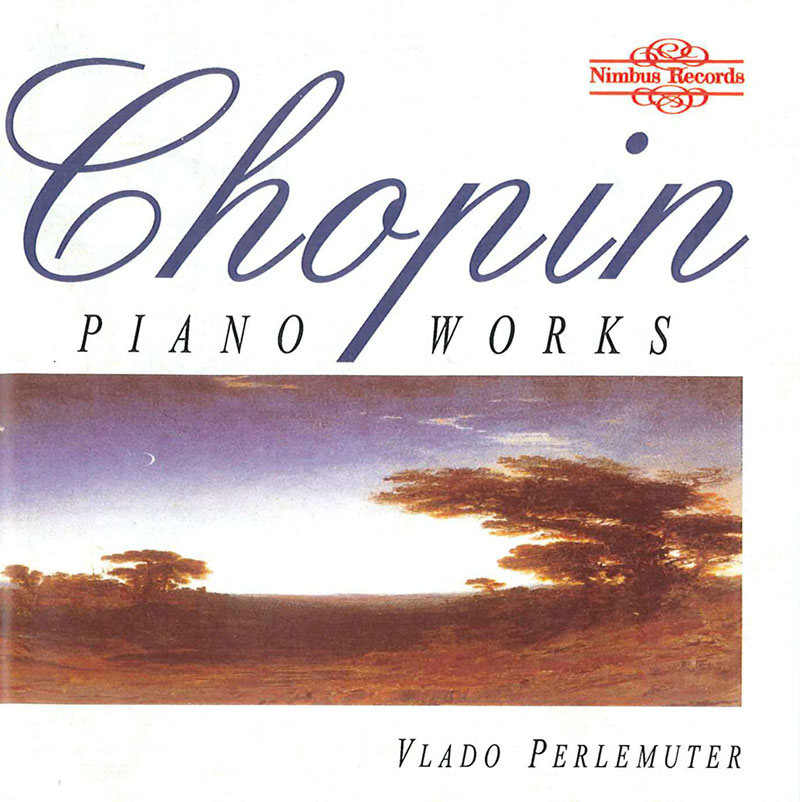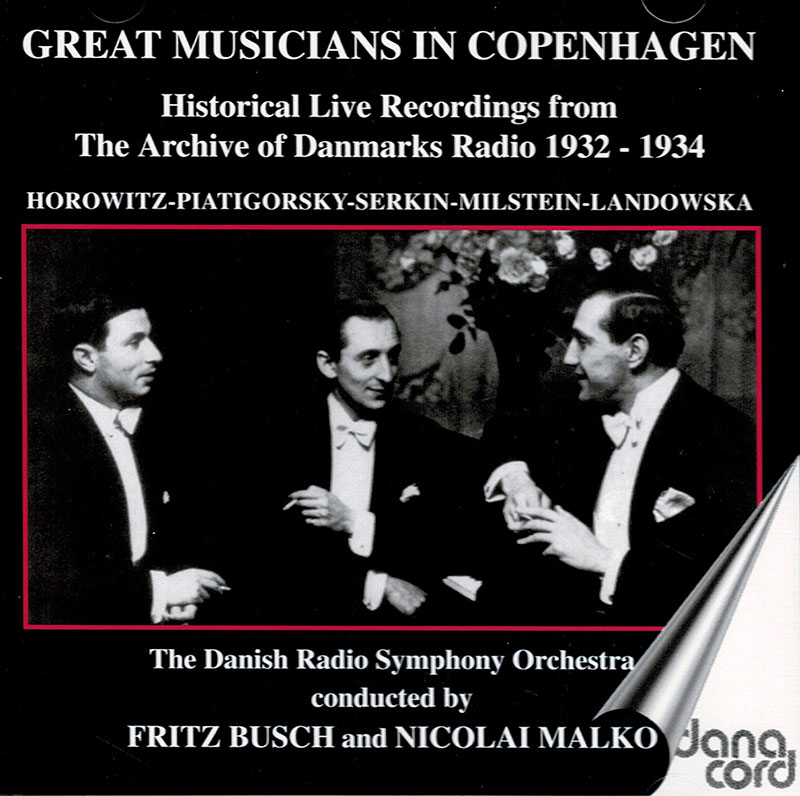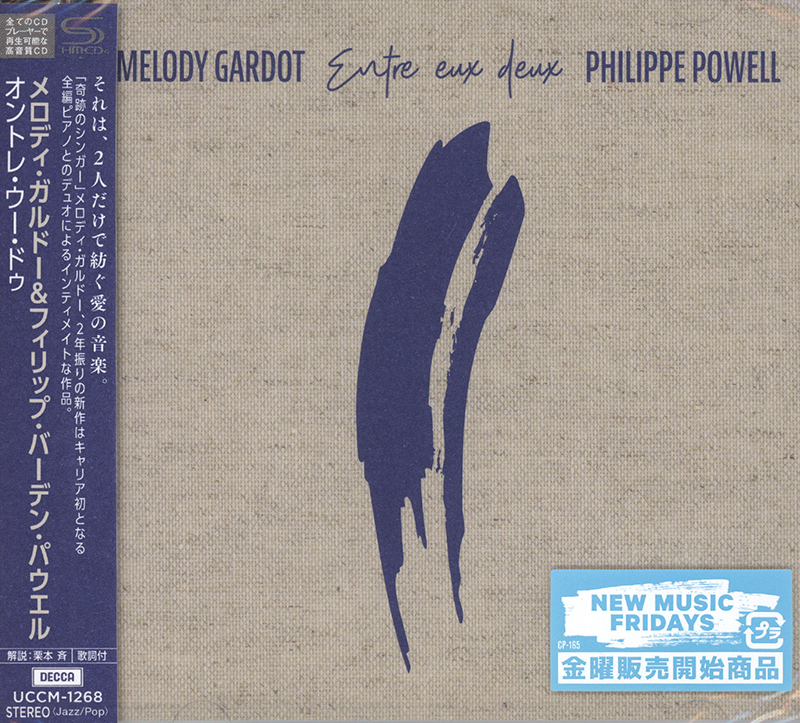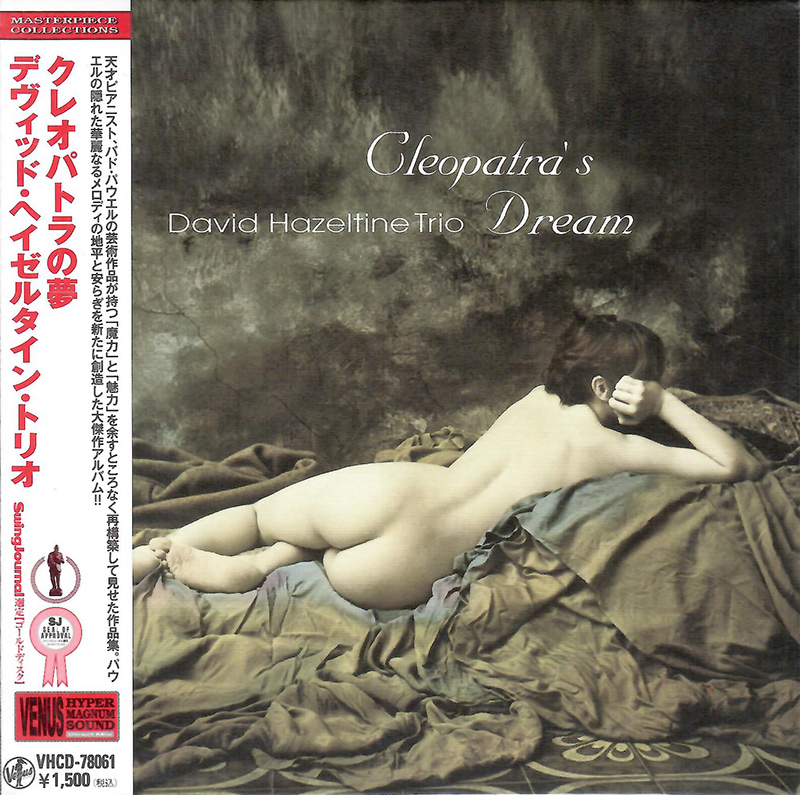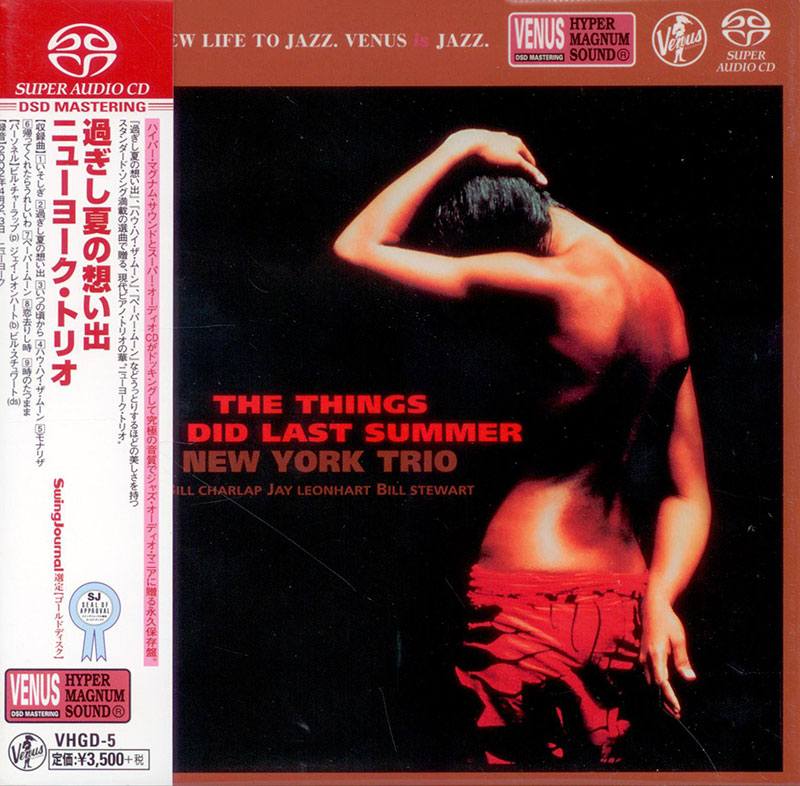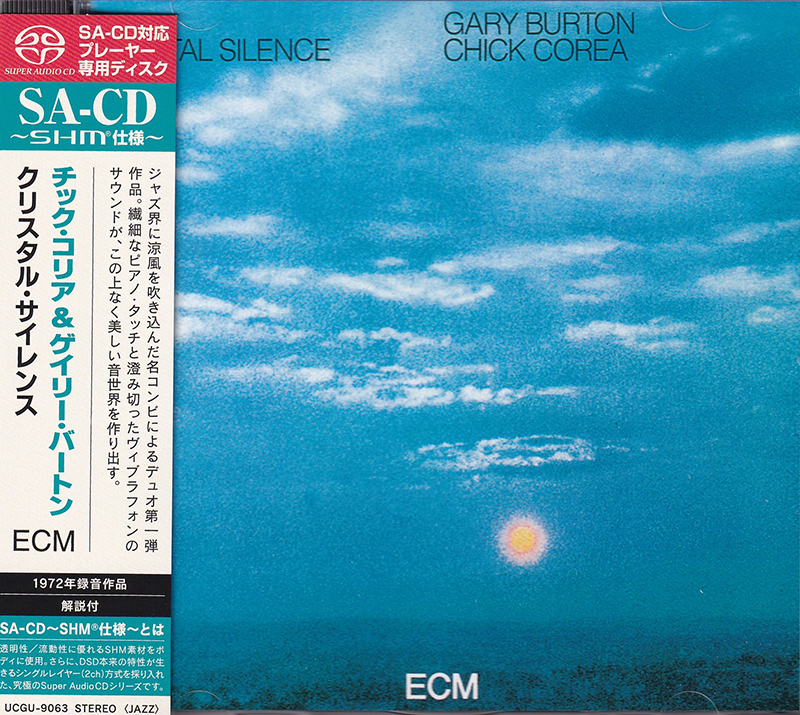Logowanie
Dlaczego wszystkjie inne nie brzmią tak jak te?
Chai Lang, Fan Tao, Broadcasting Chinese Orchestra
Illusive Butterfly
Butterly - motyl - to sekret i tajemnica muzyki chińskiej.
Brzmią jak sen na jawie
KHACHATURIAN, SHOSTAKOVICH, Antal Dorati, Stanislaw Skrowaczewski, The London Symphony Orchestra
Gayne / Symphony No. 5 in D minor, Op. 47
Stanisław Skrowaczewski,
Winylowy niezbędnik
ClearAudio
Cartridge Alignment Gauge - uniwersalny przyrząd do ustawiania geometrii wkładki i ramienia
Jedyny na rynku, tak wszechstronny i właściwy do każdego typu gramofonu!
ClearAudio
Harmo-nicer - nie tylko mata gramofonowa
Najlepsze rozwiązania leżą tuż obok
IDEALNA MATA ANTYPOŚLIZGOWA I ANTYWIBRACYJNA.
Osobowości
SKROWACZEWSKI, Stanislaw Skrowaczewski, Minnesota Orchestra
Concerto Nicolo for piano left hand and orchestra
WORLD PREMIERE!
Melody Gardot, Philippe Powell
Entre eux deux
- Melody Gardot - vocal
- Philippe Powell - piano
Entre Eux Deux Review by Thom Jurek [-] Since releasing My One and Only Thrill, her Verve debut in 2009, singer and songwriter Melody Gardot's star has steadily risen with critics and fans of many stripes. Albums such as the socio-political pop/folk/soul collection Currency of Man appealed to a range of non-jazz critics for the first time, while the string-laden bossa and ballads set Sunset in the Blue was certified gold in France. Entre Eux Deus changes up the game yet again. The ten-track set was recorded in collaboration with French-Brazilian pianist/composer Philippe Baden Powell (son of the late Brazilian guitarist and composer Baden Powell). This intimate, stirring collaboration reflects the influence of the Great American Songbook, though six of its ten songs are originals penned specifically for this recording. Check Gardot's opener "This Foolish Heart Could Love You" as a case in point. From its Cole Porter-esque melody intro to its Johnny Mercer-influenced lyrics, it simmers, shimmers, and glistens with understated elegance and grace; Gardot's voice falls directly into Powell's accents, fills, and melodic asides. She also wrote "What of Your Eyes," an impressionistic ballad that emerges as a sultry lullaby. The duo reprise Francis Lai and Pierre Barouh's classic "Plus Fort que Nous," which was originally sung as a duet by Barouh and Nicole Croisille on the soundtrack to 1966's A Man and a Woman. Gardot emphasizes bluesiness in her phrasing as Powell adds a responsorial vocal in addition to his luscious piano accompaniment. The pair add additional music and lyrics to the cafe classics "À La Tour Eiffel" and "Fleurs Du Dimanche," with Powell displaying phenomenal cabaret chops. They also deliver a steamy, glacially moving cover of "Samba Em Prelúdio (Un Jour Sans Tol)." Written by Baden Powell and Vinicius Moraes in 1962, it was adapted by Barouh and became a hit single in 1969. This new version follows that one directly, with Powell adding his own duet vocal to the proceedings, adding immediacy. The pianist delivers the brief, solo piano interlude "Recitativo" before laying down the elliptical single notes that introduce the spoken word in "Ode to Every Man." Set-closer "Darling Fare Thee Well" is one of the most heartbreaking ballads in Gardot's catalog. Amid lilting chords and single, ghostly, mid-register piano lines Gardot sings, "What happened to your heart?/Weren't you the one who started up/This fire in my veins? ... What of us remains?/What's waiting 'round the bend?/When I see your eyes, I see the nearing ending ...." Gardot takes us into the moment of confusion and pain, and the catch in her voice about halfway through underscores the lyric's truth. Entre Eux Deux skillfully narrates the journey from romantic possibility and the first flush of love's giddiness to its dissolution and aftermath. The duo's simple presentation allows their melodies and lyrics the full impact of their poetic weight, without artifice.
 Płyty SHM-CD do odtworzenia we wszystkich typach czytników CD oraz DVD. Gwarantują niespotykaną wcześniej analogową jakość brzmienia, odwzorowują wszystkie walory taśmy-matki. Zdaniem specjalistów - ten nośnik i ta technologia najlepiej - bo natywnie, przenosi na krążek CD wszystkie walory nagrania analogowego. |






